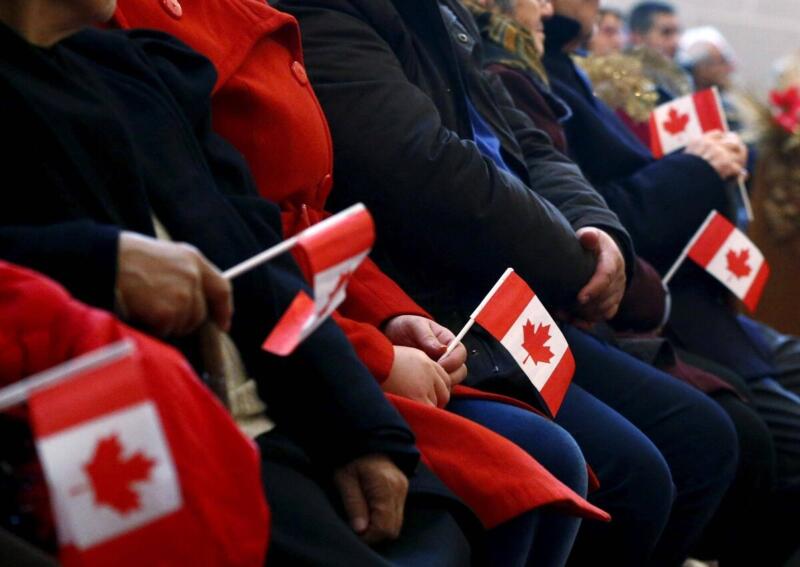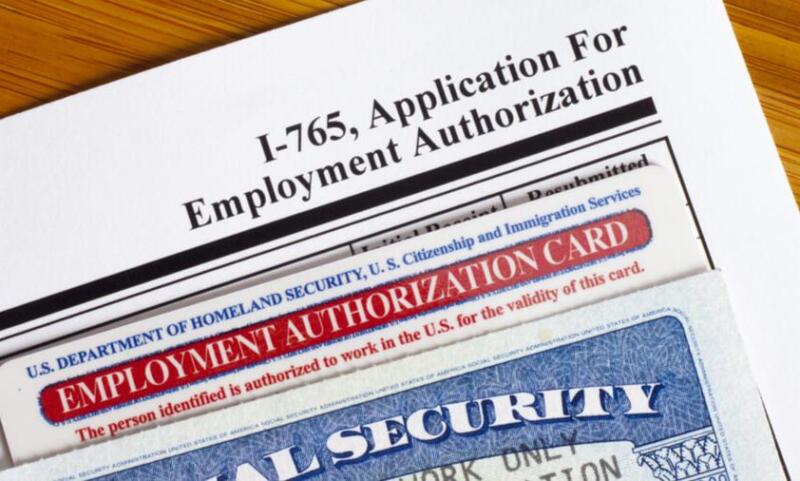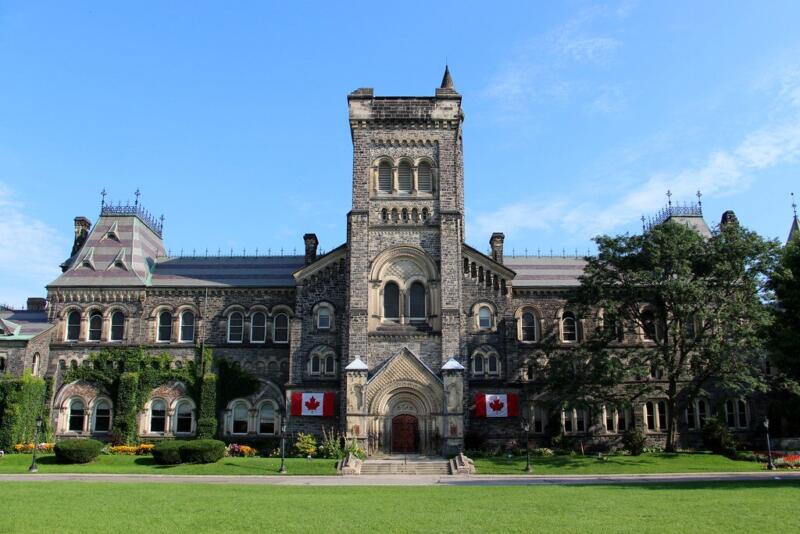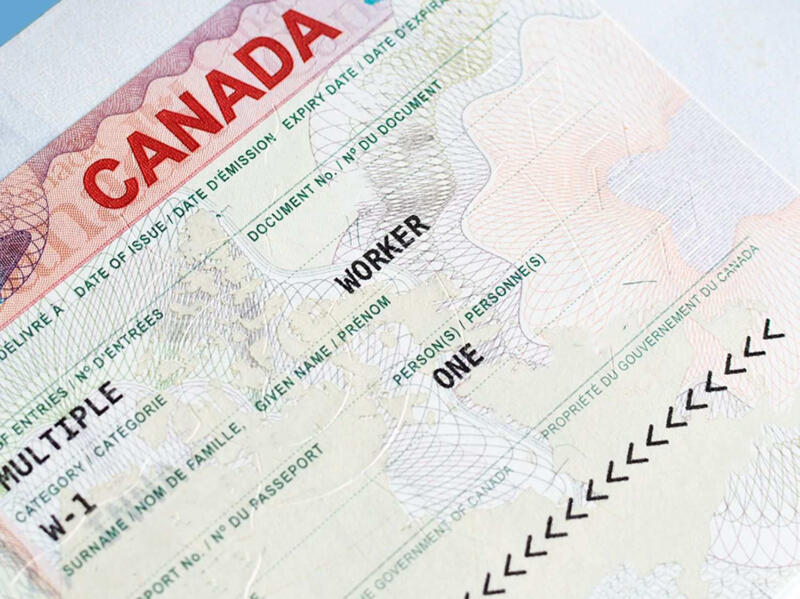Are you engaged, married, or in a common-law partner? Canada provides different relocation programs for couples.
Table of Contents
Sponsorship For Spouse
One of the most accurate methods to arrive in Canada as a couple is via a spousal sponsorship. This is an adequate choice if you already own a partner residing in Canada, your partner is a national of Canada or a permanent resident.
Suppose your partner is a citizen of Canada or a permanent resident. In that case, they may sponsor you to unite with them in Canada and become a PR if your partner satisfies specific qualification standards. For one to sponsor a partner, the sponsor is required to be:
- A minimum of 18 years
- A permanent resident of Canada settling in Canada or a Canadian national.
- Have never been in jail, bankrupt, or under a withdrawal order for those who are permanent residents or convicted of a severe crime.
- Have never been sponsored to Canada as a partner within the previous five years.
You and your sponsor are also required to ascertain your relationship, which is necessary to fall under one of the three classifications:
- Partner: You are lawfully wedded. If the union occurred within Canada, a marriage certificate from the region or territory is enough to demonstrate that the union is authentic. If the wedding occurred outside of Canada, it must be authentic under the rules of that nation and Canadian national law.
- Common-law Partner: An individual sponsored may be described as a conjugal spouse if special events beyond their control have stopped the partners from being eligible as common-law partners, including immigration blockades or lawful limitations restricting separation or same-sex relationships. Again, the spouse must be in a jointly dependent relationship for one year with the exact status of dedication as a marriage or common-law relationship. This can be indicated via emotional connections and monetary closeness, which includes mutual ownership of assets and actions to be together and united.
Express Entry
This is the national administration’s management structure of three primary relocation programs: the Federal Skilled Worker Program (FSWP), the Federal Skilled Trades Program, and the Canadian Experience Class. If you desire to make an application for permanent residency in Canada as a couple via express entry, this can be done using one of the two methods:
- The principal candidate may mention the partner or conjugal partner as a dependent.
- They can be indicated as a secondary candidate.
It is essential to understand that you may only have dependents when applying to the Federal Skilled Worker Program and Federal Skilled Trades Program, as the Canadian Experience Class does not permit dependents on requests. When you state your partner as a dependent in your bid, you become the main candidate and must offer evidence of sufficient settlement finance. You must satisfy the proof of finance conditions to ascertain that you can monetarily sponsor yourself and your dependents in Canada.
Should you find this piece engaging, we kindly invite you to explore the wealth of content in our other articles:
- Things To Know Before Moving To Quebec
- Resolving Missing Work Authorization on Canadian Study Permit: Guidance on Amendment Process
- Expired Permanent Resident Visa Holders May be Permitted Into Canada
- How to get Confirmation of Permanent Residence (COPR) in Canada
- Understanding Canada’s Universal Basic Income Bill S-233/C-223
Hence, when your partner is dependent on your request, your spouse’s profile will not be regarded when estimating your total CRS points. The Comprehensive Ranking System points rate applicants according to age, language mastery, education, and employment skills. Applicants with the most elevated points are requested to make an application for PR in express entry draws.
If your partner is eligible for express entry, they can apply as a secondary candidate. Every partner would develop their own Express Entry profile and attach their partners to their profile. This implies that you assert an additional 40 Comprehensive Ranking System scores for your spouse profile when presenting your request. This pattern still needs candidates to ascertain evidence of finance. Hence, it functions variedly because your spouse is viewed as a donator to the program.
It is essential to regard which spouse has the most robust profile before applying to name that individual as the primary candidate. Suppose your spouse scores more on Comprehensive Ranking System aspects such as language, education status, etc. It is worth mentioning them as a secondary candidate. If their points are low, citing them as dependents might make additional sense.
Provincial Nominee Program (PNP)
The PNP is another huge choice for relocating to Canada as a partner. Almost every region and territory runs the Provincial Nominee Program to integrate skilled employees into their provinces. When applying for the Provincial Nominee Program, the spouse with the most vital employment skills, academics, and more must apply as the primary immigration applicant. If this applies to you, you would state your partner as a dependent on the application.
Being the primary candidate, which includes Express Entry, you would be required to give proof of enough money to live in Canada. Optionally, if you and your partner are qualified, you can make an application different to immigration plans and remove from one when you obtain an ITA.
Open Work Permit For Partners
Partners of Canadian nationals or PR can obtain an open work permit while their sponsorship request for PR is being run. With this, sponsored individuals can work for any employer of their preference in Canada to sponsor themselves and their households monetarily during the immigration application procedures.
For one to be regarded for an open work permit, the international citizen is required to:
- Be a primary candidate who has presented a permanent residence request under the spouse or common-law partner in Canada class. Or, as a partner, a common-law partner under the family category approved for processing by Immigration, Refugee, and Citizenship Canada after satisfying a concluded review and that has not been denied or removed.
- Have presented a work permit request where the period of the work permit demanded is a total duration of 24 months.
- It is the subject of a sponsorship application presented by their Canadian national or PR partner or common-law partner.
- Possess the same residential address as their supporter in Canada during the request period.
- Possess an authentic temporary resident status in Canada or are qualified for and have made an application for the restoration of their position.
- The candidate and the sponsor must satisfy every qualification condition under spousal or common-law partner support.






